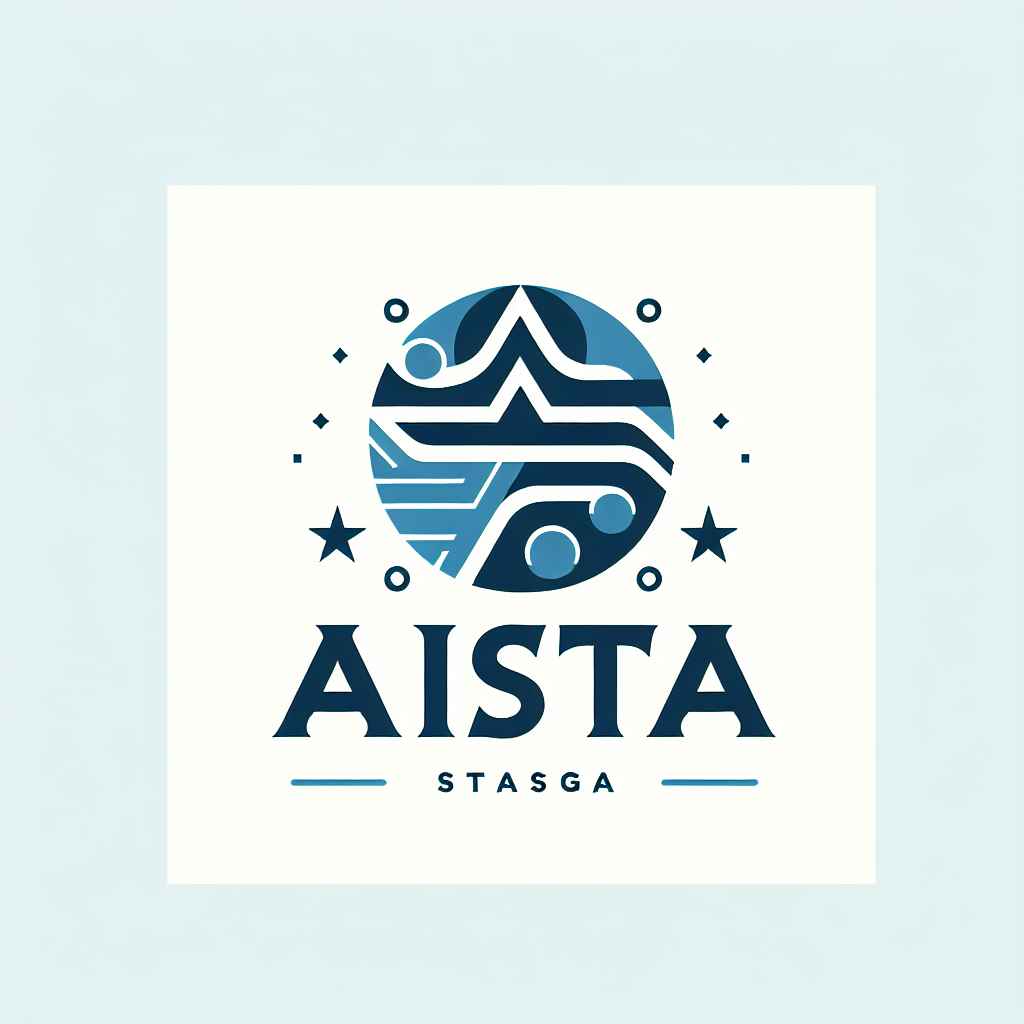AISTA Calls for Overhaul of Sugar Export Quota System
The All India Sugar Trade Association (AISTA) is urging the government to grant export quotas only to mills willing to export directly from their facilities. AISTA criticizes the current system, claiming it hinders exports and profitability and calls out the ineffectiveness of the high export duty on C-heavy molasses.

- Country:
- India
The All India Sugar Trade Association (AISTA) has urged the government to reform its sugar export quota system. The group is advocating for quotas to be allocated solely to mills that intend to export directly, arguing that the present system disrupts exports and affects the profitability of sugar mills.
According to AISTA, the existing method of distributing quotas based on historical production allows mills with no export interest to sell their quotas, resulting in an accumulation of unsold sugar stocks. This scenario is compounded by the 50% export duty on C-heavy molasses, which the association argues has not enhanced export supply as anticipated.
AISTA highlights that restricted exports particularly disadvantage mills without distilleries, limiting their ability to export molasses and fulfill financial obligations to sugarcane farmers. At present, sugar exports are controlled through quotas, with India exporting 6.44 lakh tonnes by August 2024, notably to Somalia.
(With inputs from agencies.)
- READ MORE ON:
- AISTA
- sugar
- exports
- quota
- mills
- profitability
- molasses
- India
- government
- allocation
ALSO READ
Microfinance Sector's Path to Profitability Riddled with Challenges
Mumbai Crackdown: Unauthorised Structures in Kamla Mills Demolished
Banks' profitability to moderate in FY26 on narrowing margins, higher credit costs: Ind Ra
Government's Commitment to Farmers: Enhancing Productivity and Profitability
Emerging technologies boost profitability and resilience in global agri-SMEs









